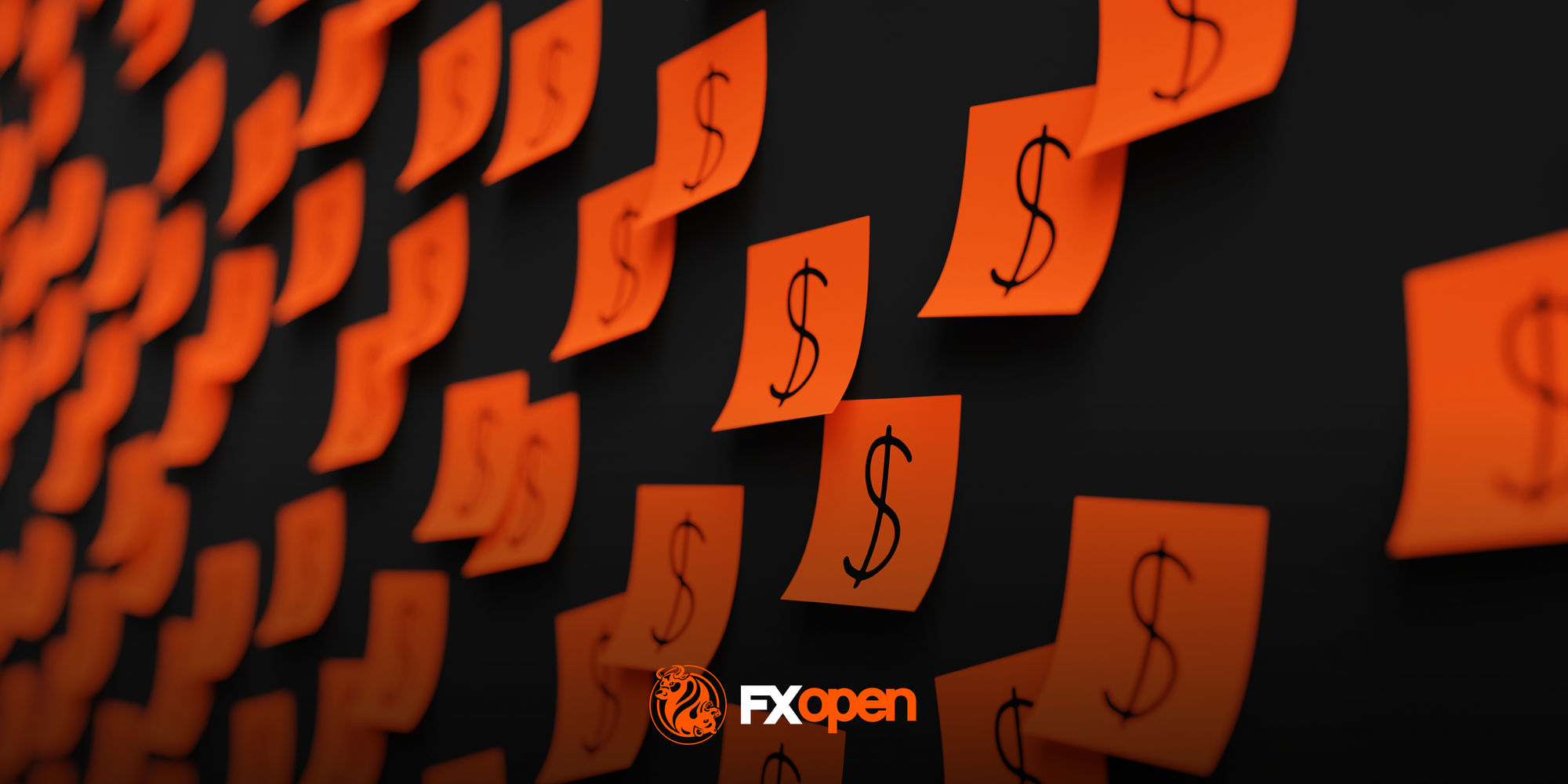FXOpen

It has been clear for almost two years that the FTSE 100 index, which consists of the 100 most prestigious and well capitalized blue-chip companies listed on the London Stock Exchange, has been the exception to the overall direction of most other assets in the United Kingdom.
Whilst the Pound, along with many other business sectors, floundered, and a cost of living crisis engulfed the nation whilst energy prices and the cost of everyday consumables and necessities rocketed due to 50-year highs in inflation, the FTSE 100 remained not only very buoyant but reached unprecedented highs.
Back in mid-2021, euphoric analysts were waxing lyrical on financial news channels in mainstream media about how the FTSE 100 index had broken the 7,000 point barrier. That was during a time at which the British government was lining up its ministers on an almost daily basis to tell the public how intent on locking down the country's businesses and public on a repeated basis, disabling businesses and impoverishing the general public.
Now, here we are a year and a half later, and whilst the lockdowns have stopped, they have been replaced by geopolitical uncertainty and an intent involvement by the British government in sanctions against one of the world's largest oil and gas producing country as well as massive public spending during a time of recession in which millions of people are having to tighten their belts and interest rates are four times higher than they were two years ago with inflation still in double digits.
Despite this perhaps alarming backdrop, the FTSE 100 is not only hovering above the 7,000 points mark that it was during the equally surprising trends demonstrated in 2021, but it has been almost reaching 8,000 points!
Just last week, many seasoned analysts in financial institutions had looked toward the 8,000 point mark being reached.
This looked very likely last week, as the value of the FTSE 100 index continued to rise rapidly, but today things have taken a turn.
The FTSE 100 index dropped by 0.68% during the early hours of the London trading session and by 9.00am UK time, it was trading at 7,954 points.
That is still very high and is still at its highest point in over a year apart from last Thursday when it briefly broke through the 8,000 points mark and reached 8012 points which is an all time high.
Whilst it is still very interesting and quite fascinating that these high levels are being reached by the performance of long-established traditional companies that make up the FTSE 100 index in such bleak economic times, the seemingly endless upward surge has stopped and momentum has tailed off.
That it is still high is of course remarkable, but the real news here is that the one economic measure that has been bucking the trend for a long time has begun to stop increasing in value at such a rapid rate.
What is perhaps odd here is that FTSE 100 opened lower this morning even though there has been better than expected news on public sector debt in the United Kingdom - something many people are very worried about - and ahead of a raft of PMI announcements.
It is highly likely that some macro data has affected the values, and the only negative information that has come to light is that medical firm Smith & Nephew announced a drop in annual operating profits as margins dipped.
The global medical technology company said operating profit margins slipped to 8.6% from 11.4% reflecting higher inflation in freight and logistics, the impact of China VBP, as well as sales and marketing expenditure levels returning to more normal levels. However despite this, its stock rose in value by over 6%!
InterContinental Hotels PLC experienced a drop in share value of 2.1%, following its announcement of a forthcoming $750 million share buyback. That is still not much to rock the entire index however.
Perhaps this is just a small blip, but it is definitely one of interest.
Trade global index CFDs with zero commission and tight spreads (additional fees may apply). Open your FXOpen account now or learn more about trading index CFDs with FXOpen.
This article represents the opinion of the Companies operating under the FXOpen brand only. It is not to be construed as an offer, solicitation, or recommendation with respect to products and services provided by the Companies operating under the FXOpen brand, nor is it to be considered financial advice.
Stay ahead of the market!
Subscribe now to our mailing list and receive the latest market news and insights delivered directly to your inbox.








